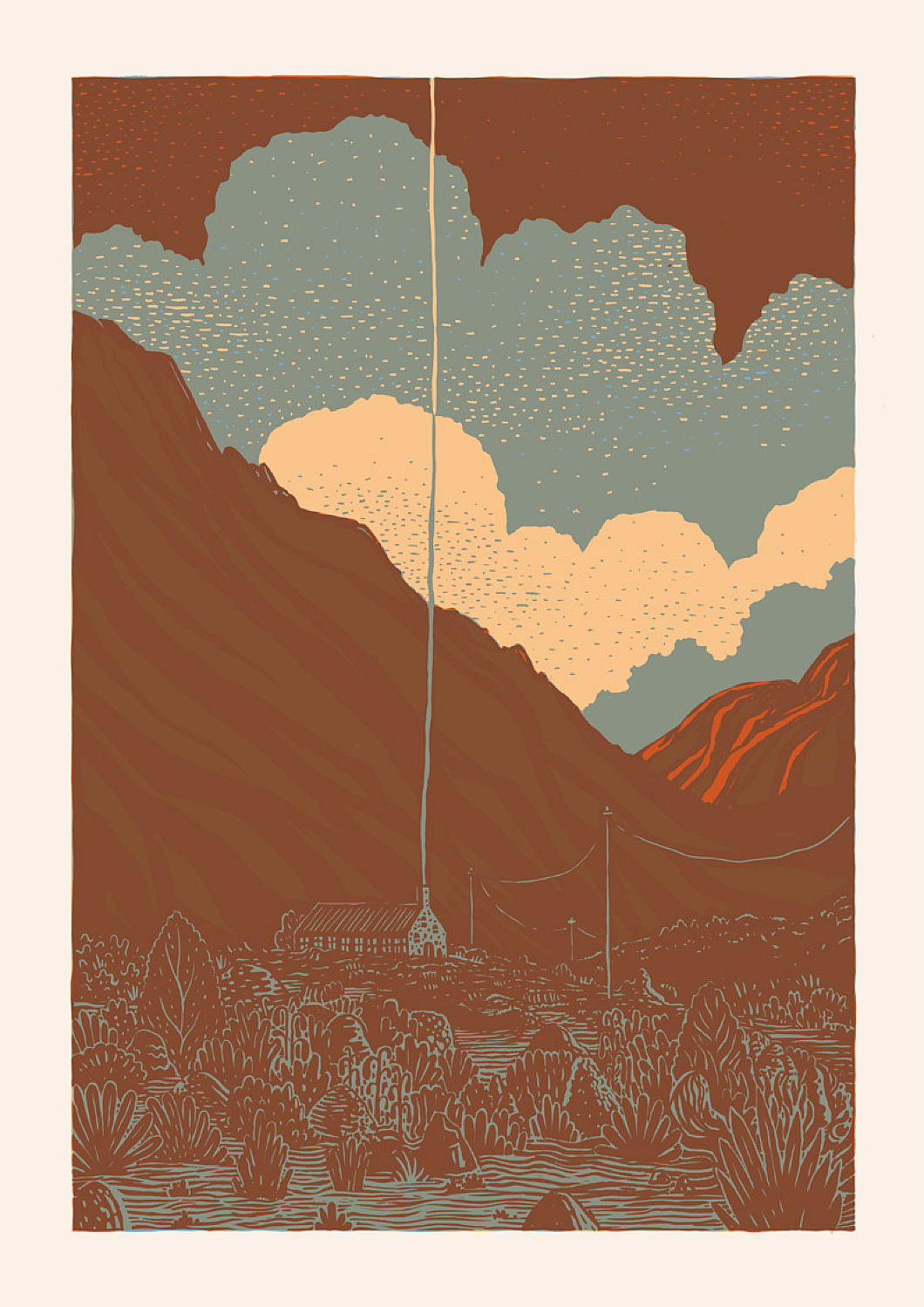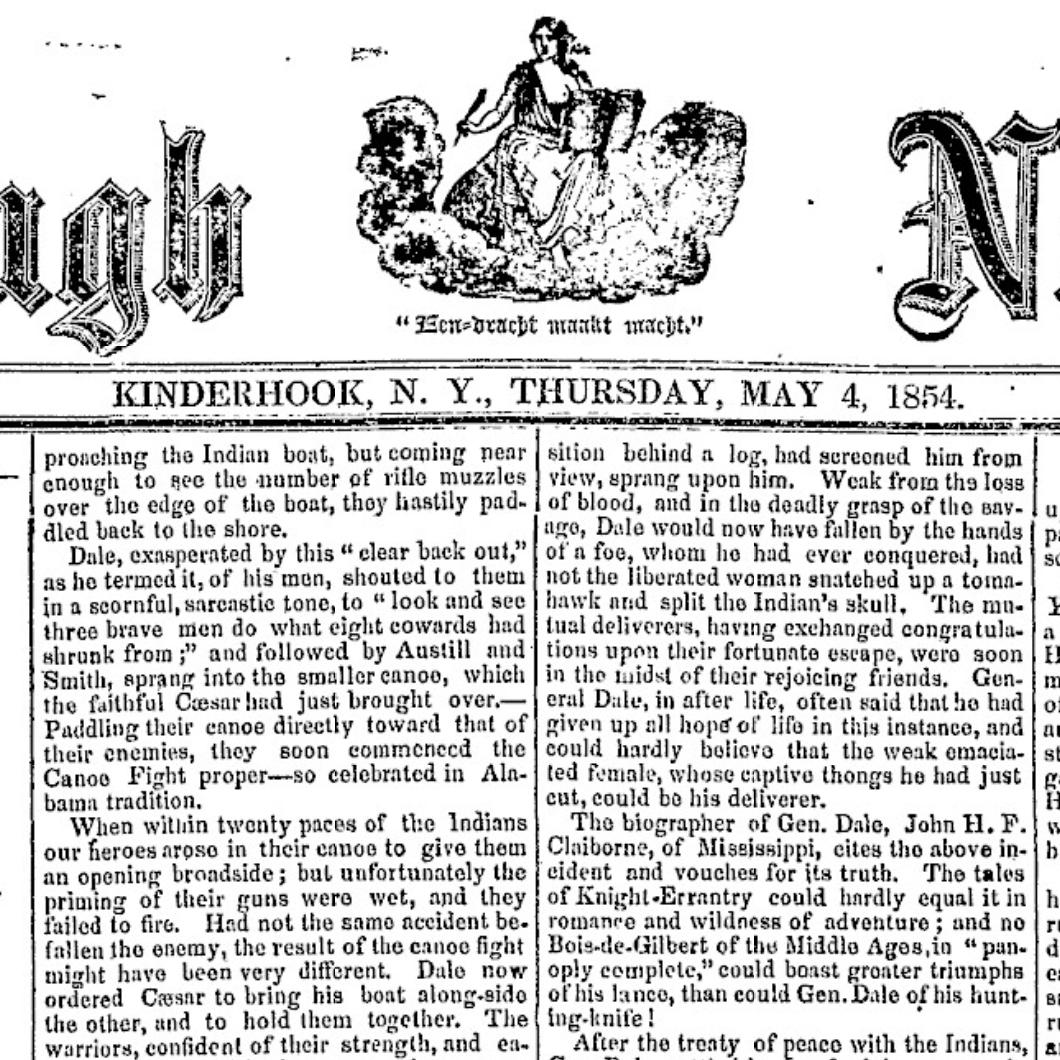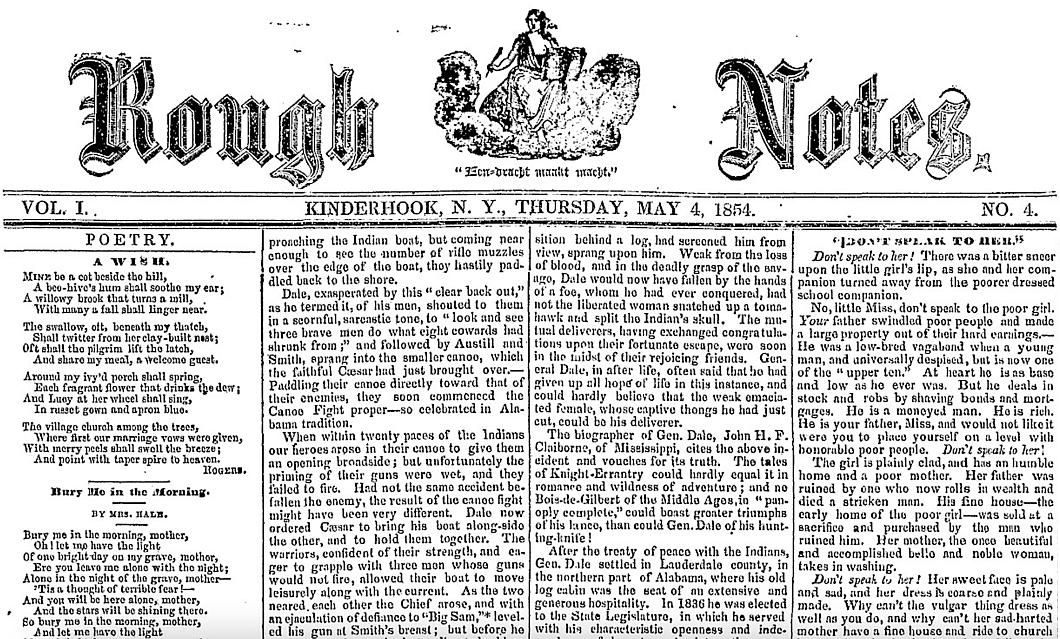2024 September
About Andrew Cusack
 Writer, web designer, etc.; born in New York; educated in Argentina, Scotland, and South Africa; now based in London.
Writer, web designer, etc.; born in New York; educated in Argentina, Scotland, and South Africa; now based in London. read more
News
Blogs
Reviews & Periodicals
Arts & Design
World
France
Mitteleuropa
Knickerbockers
Argentina
The Levant
Africa
Cape of Good Hope
Netherlands
Scandinavia
Québec
India
Muscovy
Germany
Academica
A Prize for the General
France’s Top Military-Literary Prize Awarded to François Lecointre
IT SHOULD surprise no-one that the French Army awards an annual prize for military literature. Since 1995, the Prix littéraire de l’Armée de terre – Erwan Bergot is awarded every year for “a contemporary work of French literature that demonstrates active commitment, of a true culture of audacity in service to the collective whole” and is named in memory of the paratrooper officer, writer, and journalist Erwan Bergot (1930-1993).
 This year’s prize has been awarded to Gen. François Lecointre, the former Chief of the Defence Staff who now serves as the Chancellor of the Légion d’honneur.
This year’s prize has been awarded to Gen. François Lecointre, the former Chief of the Defence Staff who now serves as the Chancellor of the Légion d’honneur.
A graduate of Saint-Cyr, Lecointre’s book Entre Guerres (Between Wars) relays his long service to France in the land forces, including operations in Central Africa, Rwanda, Bosnia, the First Gulf War, and elsewhere.
As a young captain in Bosnia, Lecointre was concerned when his company lost radio contact with the French UNPROFOR observation post on Vrbana bridge early on the morning of 27 May 1995. When he went himself to investigate, Captain Lecointre discovered that Bosnian Serb soldiers in captured French uniforms had seized the post and taken French soldiers hostage.
Lecointre immediately informed Paris, where President Jacques Chirac circumvented the UN chain of command in Bosnia by allowing soldiers under Lecointre’s command to retake the post on the northern end of the bridge with a bayonet charge that overran the Serb-held bunker. Vrbana bridge is believed to have been the last bayonet charge of any French military operation to date.

General Pierre Schill, Chief of the Army Staff, awarded his comrade-in-arms the Prix Erwan Burgot this weekend. The prize includes a monetary award of €3,000 which Gen. Lecointre has donated to the association Terre Fraternité that provides support to France’s wounded soldiers and their families.

Entre Guerres had already won the Prix Jacques-de-Fouchier awarded by the Académie française earlier this year. (Above: Gen. Lecointre with the académicien, lawyer, and writer François Sureau.)

The Erwan Burgot prize’s jury was chaired by Gen. Schill and included the son and widow of Erwarn Burgot, alongside Col. Loïc de Kermabon, Col. Noê-Noël Uchida, the journalist and writer Guillemette de Sairigné, literary figure Laurence Viénot, Général de Division Jean Maurin, Général de Brigade Gilles Haberey, prix Goncourt winning novelist Andreï Makine, writer Christine Clerc, former head army medic Dr Nicolas Zeller, journalist Jean-René Van Der Plaetsen, Professor Arnaud Teyssier, and the historian François Broche.
Articles of Note: 17 September 2024

31½ in. x 59 in.; (link)
The Lebanese banker, writer, journalist, and politician Michel Chiha postulated that Beirut was “the axis of a three-pronged propeller: Africa, Asia and Europe”.
The city’s current airport was inaugurated in 1954, towards the height of its golden years.
In L’Orient-Le Jour, Lyana Alameddine and Soulayma Mardam-Bey report on how Beirut Airport’s story reflects the highs and lows of Lebanon’s history. (Aussi en français.)
■ Another one bites the dust: this time it’s London’s Evening Standard — traditionally the most London of London’s daily newspapers — which recently announced it will move to a single weekly printed edition.
In its heyday there were several editions per day, with “West End Final” on rare occasions topped up by a “News Extra” edition.
Stuart Kuttner, a veteran of the Standard, wrote a beautiful paean to the paper published in the Press Gazette.
■ Samuel Rubinstein shows how historians’ war of words over the legacy of the British Empire tells us more about the moral battles of today than shedding actual light on the past.
■ Wessie du Toit explores the curious columnar classicism persistent across the full spectrum of South African architecture.
■ With union presidents speaking at America’s Republic party convention, Senator Josh Hawley explores the promise of pro-labour conservatism.
■ Also at the increasingly indispensible Compact, Pablo Touzon explores how the Argentine left created Javier Milei.
■ Closer to home, Guy Dampier argues that Britain’s public services, housing, and infrastructure have reached their migration breaking point and the new Government has zero solutions.
■ Meanwhile, five hundred academics have signed a joint letter urging the Labour government not to scrap university free speech laws as the Education Secretary announced they will do.
11½ in. x 16½ in.; (link)

Equality
I find that they’re not true without looking further than myself. I don’t deserve a share in governing a hen-roost, much less a nation. Nor do most people — all the people who believe advertisements, and think in catchwords, and spread rumours. The real reason for democracy is just the reverse. Mankind is so fallen that no man can be trusted with unchecked power over his fellows. Aristotle said that some people were only fit to be slaves. I do not contradict him. But I reject slavery because I see no men fit to be masters.
This introduces a view of equality rather different from that in which we have been trained. I do not think that equality is one of those things (like wisdom or happiness) which are good simply in themselves and for their own sakes. I think it is in the same class as medicine, which is good because we are ill, or clothes which are good because we are no longer innocent. I don’t think the old authority in kings, priests, husbands, or fathers, and the old obedience in subjects, laymen, wives, and sons, was in itself a degrading or evil thing at all. I think it was intrinsically as good and beautiful as the nakedness of Adam and Eve. It was rightly taken away because men became bad and abused it. To attempt to restore it now would be the same error as that of the Nudists. Legal and economic equality are absolutely necessary remedies for the Fall, and protection against cruelty.
But medicine is not good. There is no spiritual sustenance in flat equality. It is a dim recognition of this fact which makes much of our political propaganda sound so thin. We are trying to be enraptured by something which is merely the negative condition of the good life. And that is why the imagination of people is so easily captured by appeals to the craving for inequality, whether in a romantic form of films about loyal courtiers or in the brutal form of Nazi ideology. The tempter always works on some real weakness in our own system of values: offers food to some need which we have starved.
When equality is treated not as a medicine or a safety-gadget but as an ideal we begin to breed that stunted and envious sort of mind which hates all superiority. That mind is the special disease of democracy, as cruelty and servility are the special diseases of privileged societies. It will kill us all if it grows unchecked. The man who cannot conceive a joyful and loyal obedience on the one hand, nor an unembarrassed and noble acceptance of that obedience on the other, the man who has never even wanted to kneel or to bow, is a prosaic barbarian. But it would be wicked folly to restore these old inequalities on the legal or external plane. Their proper place is elsewhere.
We must wear clothes since the Fall. Yes, but inside, under what Milton called “these troublesome disguises,” we want the naked body, that is, the real body, to be alive. We want it, on proper occasions, to appear: in the marriage-chamber, in the public privacy of a men’s bathing-place, and (of course) when any medical or other emergency demands. In the same way, under the necessary outer covering of legal equality, the whole hierarchical dance and harmony of our deep and joyously accepted spiritual inequalities should be alive. It is there, of course, in our life as Christians: there, as laymen, we can obey — all the more because the priest has no authority over us on the political level. It is there in our relation to parents and teachers — all the more because it is now a willed and wholly spiritual reverence. It should be there also in marriage.
This last point needs a little plain speaking. Men have so horribly abused their power over women in the past that to wives, of all people, equality is in danger of appearing as an ideal. But Mrs. Naomi Mitchison has laid her finger on the real point. Have as much equality as’ you please — the more the better — in our marriage laws: but at some level consent to inequality, nay, delight in inequality, is an erotic necessity. Mrs. Mitchison speaks of women so fostered on a defiant idea of equality that the mere sensation of the male embrace rouses an undercurrent of resentment. Marriages are thus shipwrecked. This is the tragi-comedy of the modern woman; taught by Freud to consider the act of love the most important thing in life, and then inhibited by feminism from that internal surrender which alone can make it a complete emotional success. Merely for the sake of her own erotic pleasure, to go no further, some degree of obedience and humility seems to be (normally) necessary on the woman’s part.
The error here has been to assimilate all forms of affection to that special form we call friendship. It indeed does imply equality. But it is quite different from the various loves within the same household. Friends are not primarily absorbed in each other. It is when we are doing things together that friendship springs up— painting, sailing ships, praying, philosophising, fighting shoulder to shoulder. Friends work in the same direction. Lovers look at each other: that is, in opposite directions. To transfer bodily all that belongs to one relationship into the other is blundering.
We Britons should rejoice that we have contrived to reach much legal democracy (we still need more of the economic) without losing our ceremonial Monarchy. For there, right in the midst of our lives, is that which satisfies the craving for inequality, and acts as a permanent reminder that medicine is not food. Hence a man’s reaction to Monarchy is a kind of test. Monarchy can easily be “debunked”; but watch the faces, mark well the accents, of the debunkers. These are the men whose tap-root in Eden has been cut: whom no rumour of the polyphony, the dance, can reach — men to whom pebbles laid in a row are more beautiful than an arch. Yet even if they desire mere equality they cannot reach it. Where men are forbidden to honour a king they honour millionaires, athletes, or film-stars instead: even famous prostitutes or gangsters. For spiritual nature, like bodily nature, will be served; deny it food and it will gobble poison.
And that is why this whole question is of practical importance. Every intrusion of the spirit that says “I’m as good as you” into our personal and spiritual life is to be resisted just as jealously as every intrusion of bureaucracy or privilege into our politics. Hierarchy within can alone preserve egalitarianism without. Romantic attacks on democracy will come again. We shall never be safe unless we already understand in our hearts all that the anti-democrats can say, and have provided for it better than they. Human nature will not permanently endure flat equality if it is extended from its proper political field into the more real, more concrete fields within. Let us wear equality; but let us undress every night.
Rough Notes of Kinderhook
Old Kinderhook is most famous for being the birthplace of the “Red Fox”, Martin van Buren — sometime inhabitant of London and later President of the United States.
He remains the only President who was not a native English speaker, and he spoke with a thick Dutch accent until the end of his days.
If legend is to be believed (and no evidence has been presented compelling us to do otherwise) the town is also the origin of the word “okay” or “O.K.” — for the “Old Kinderhook” clubs that sprung up to support van Buren’s bid for the White House.
Like many towns up and down the Hudson valley, Kinderhook had its own newspaper — originally named the Kinderhook Herald but which later took up the idiosyncratic name of Rough Notes.

As befits the newspaper of record of an old Dutch settlement, its banner bore the motto Een=dracht maakt macht, a Dutch translation of the old Latin motto of the Seven Provinces that means “Unity makes strength”.
These old and highly localised newspapers were once the chief source of information for people in the surrounding districts and one is pleasantly delighted by the sheer variety of the contents.
In addition to news, agricultural reports, poetry, and the moral and religious column there are reports of the meetings of Congress in Washington and the legislature in Albany, trials for murder, amusing notices from other newspapers in the New World, and news of battles and great events worldwide.
Thanks to the excellent New York State Historic Newspapers online archive you can virtually flip through the pages of this and numerous other periodicals.

Search
Instagram: @andcusack
Click here for my Instagram photos.Most Recent Posts
- How to Make a Pope April 24, 2025
- Faithful Shepherd of the Falklands April 8, 2025
- Articles of Note: 8 April 2025 April 8, 2025
- Proportionality Destroys Representation April 8, 2025
- Sag Harbor Cinema March 26, 2025
Most Recent Comments
Book Wishlist
Monthly Archives
Categories


